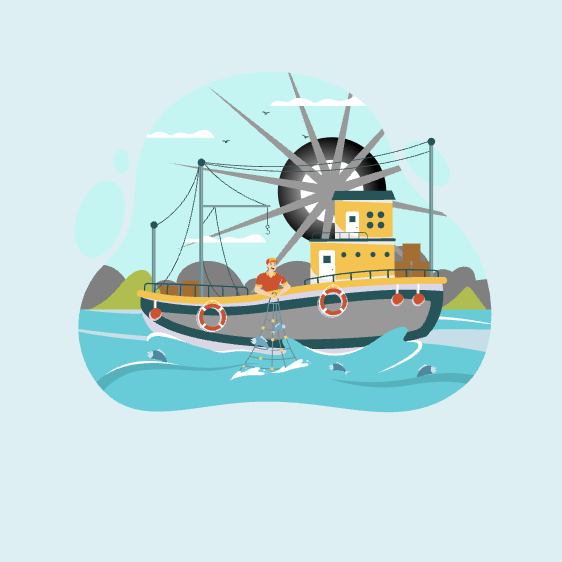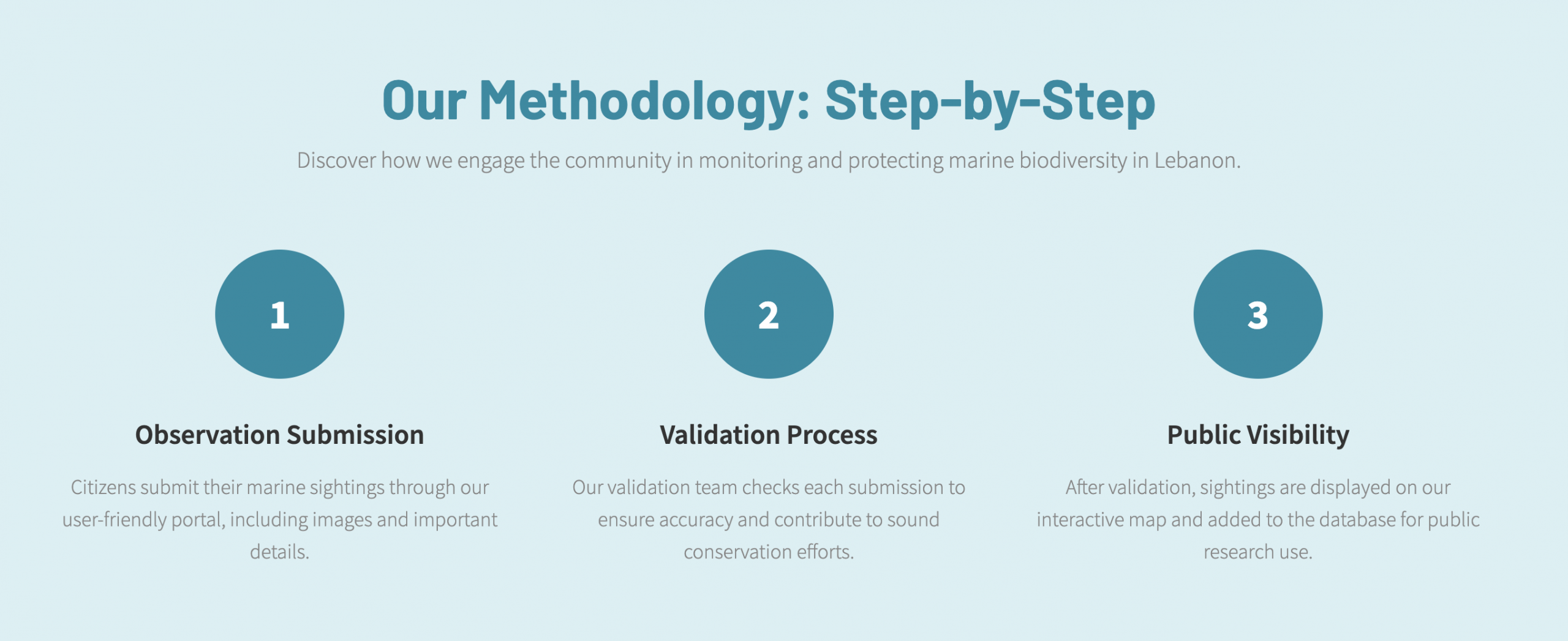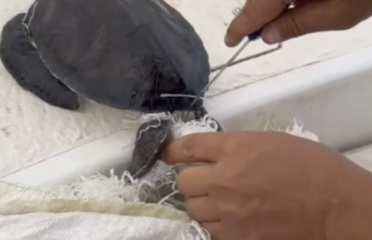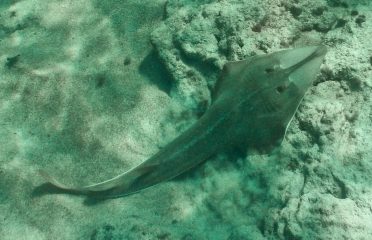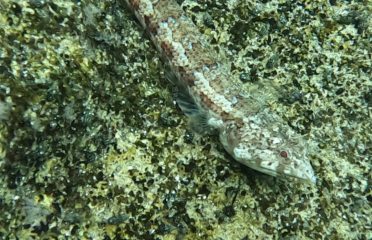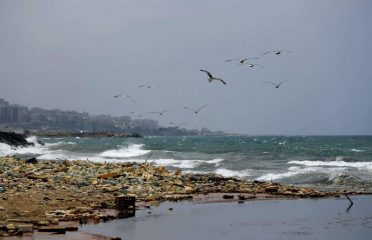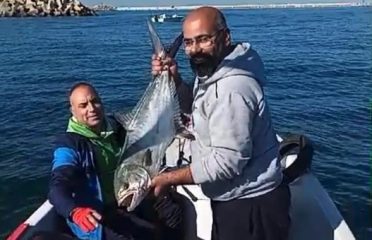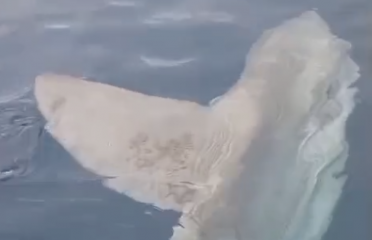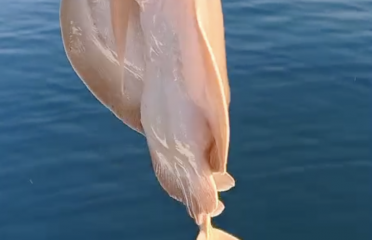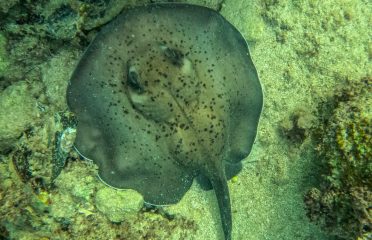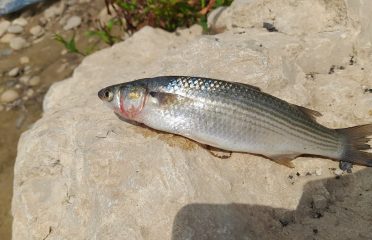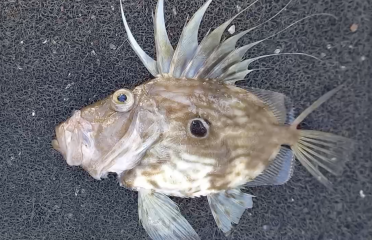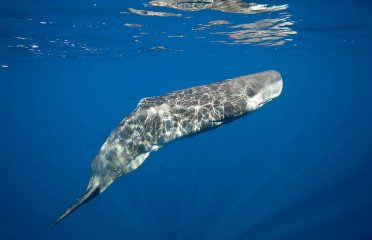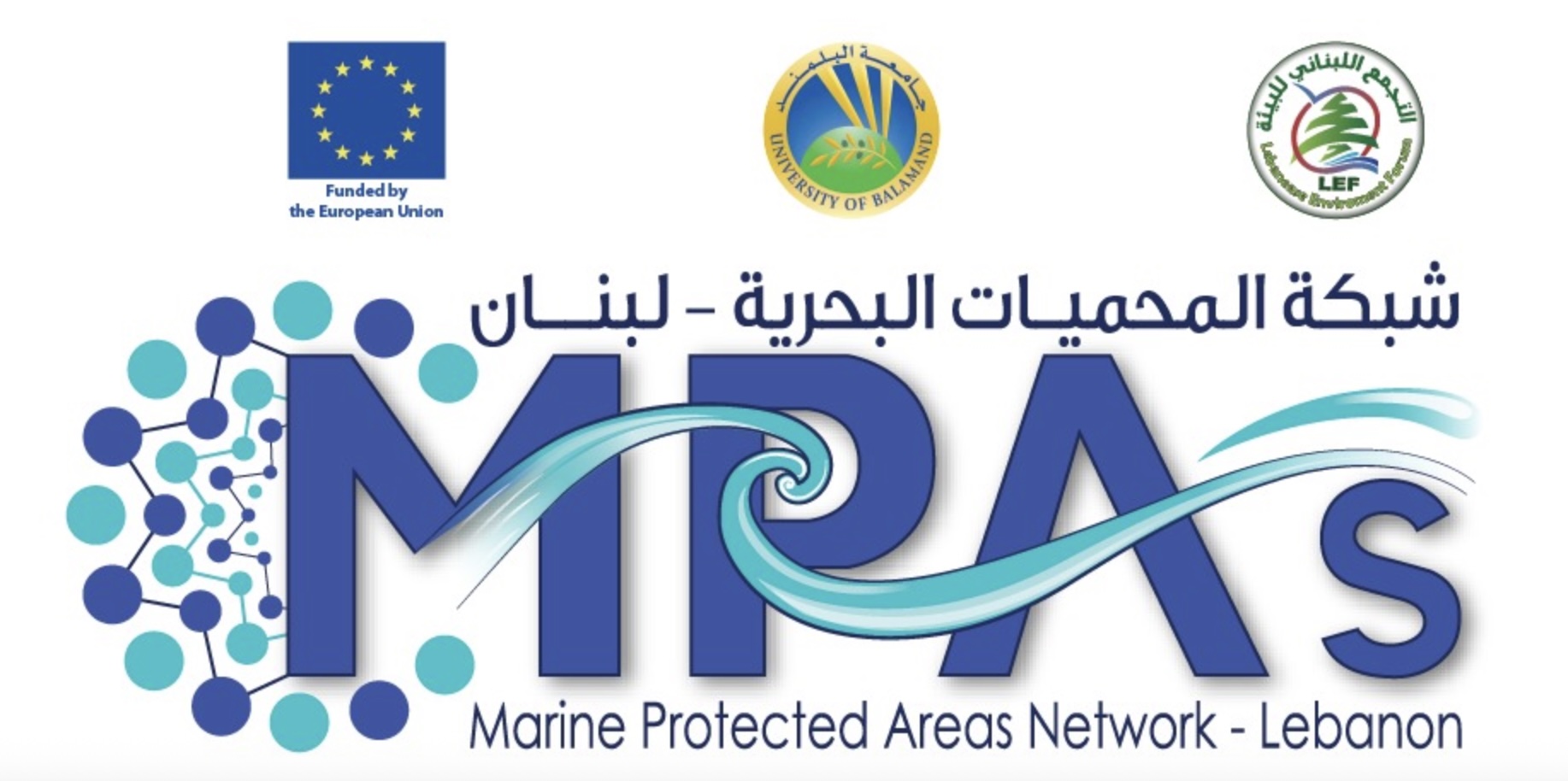Threats to Lebanon’s Marine Ecosystem
The marine ecosystem in Lebanon is facing intense anthropogenic pressures, including pollution, land reclamation (sea filling), and the effects of climate change. Protecting marine biodiversity and the essential services it provides is critical to ensuring a sustainable future for the country and the broader Mediterranean region.
The Importance of Scientific Monitoring
Effective conservation efforts are rooted in targeted, applied scientific research supported by medium- to long-term monitoring programs. These programs help detect changes in biodiversity, assess the effectiveness of conservation measures, and guide adaptive management strategies.
Challenges in Traditional Monitoring Programs
Despite their importance, traditional monitoring programs are often costly and require extensive commitments of human, material, and financial resources. This limits their feasibility and scalability, particularly in resource-constrained settings like Lebanon.
The Emergence of Community-Based Monitoring
In response to these challenges, community-based monitoring systems have emerged as an innovative solution. By engaging non-specialist local communities in data collection — whether through daily observations, recreational activities, or volunteer programs — these systems expand data coverage across broader spatial and temporal scales. They also empower citizens to participate actively in scientific inquiry and conservation efforts.
Value of Community-Based Data Collection
Citizen-generated data provides governmental organizations, research institutions, and other stakeholders with critical information that can support effective planning and implementation of interdisciplinary conservation projects. This approach strengthens the connection between science, society, and policy.
Value of Community-Based Data Collection
Citizen-generated data provides governmental organizations, research institutions, and other stakeholders with critical information that can support effective planning and implementation of interdisciplinary conservation projects. This approach strengthens the connection between science, society, and policy.
Developing a Citizen-Based Reporting Program in Lebanon
Under Activity 2.7, “Develop a Citizen-Based Reporting Program for Marine Conservation,” of the project “Conducting an Evidence-Based Non-State Actors Campaign on Marine Protected Areas Network” — funded by the European Commission — the Marine and Coastal Resources Program at the Institute of the Environment at the University of Balamand (MCR-IOE-UOB), in partnership with the Lebanese Environment Forum, developed a practical monitoring protocol.




